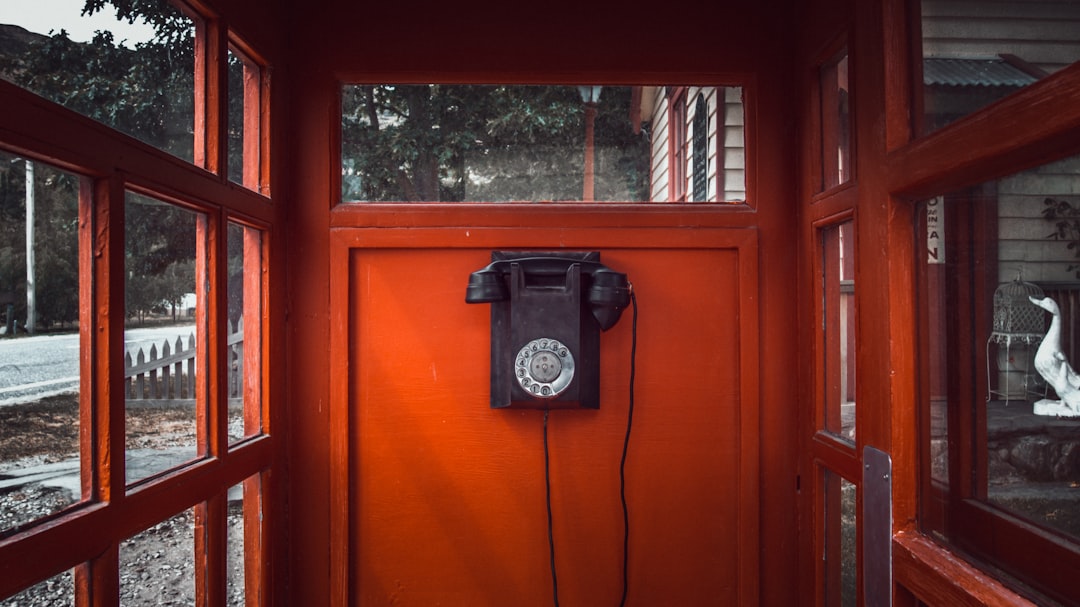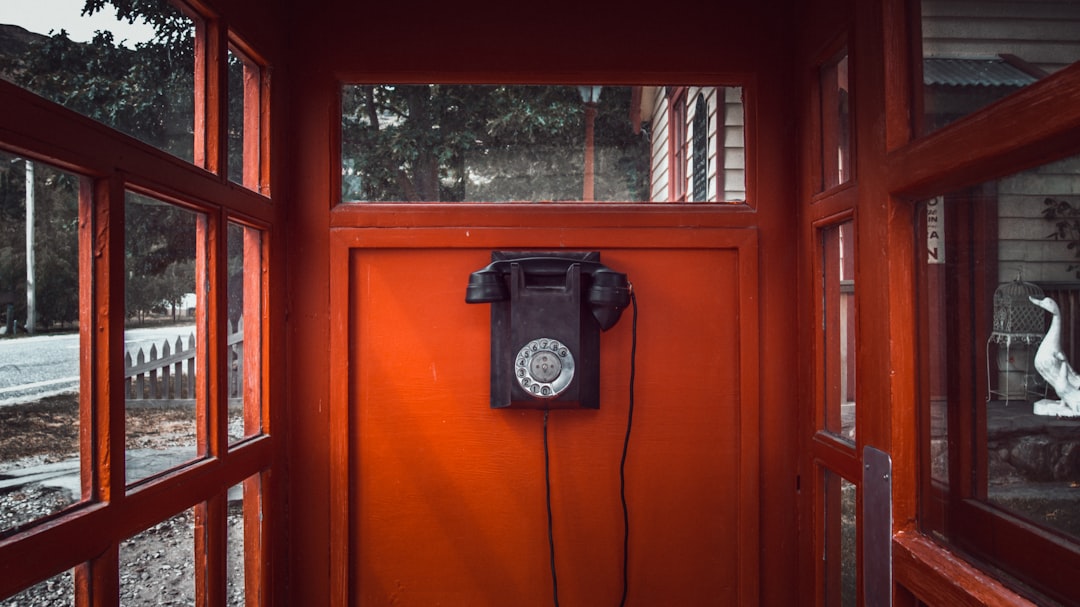Spam calls remain a problem in West Virginia, but residents have legal protections via the Telephone Consumer Protection Act (TCPA). Specialized law firms can guide individuals on blocking numbers, registering with do-not-call lists, and taking legal action. Local art can enhance anti-spam campaigns by educating citizens through creative means, fostering community engagement to combat unwanted calls. West Virginia residents can reclaim their phone lines by combining artistic initiatives with reputable spam call law firms specializing in TCPA litigation.
In West Virginia, like many states, spam calls are a persistent nuisance. However, leveraging local art offers an innovative approach to raise awareness and combat these unwanted interactions. This article explores how the power of art can be used as a tool against spam calls, providing practical strategies and legal insights. From understanding the Telephone Consumer Protection Act (TCPA) in West Virginia to finding the right spam call lawyer, discover creative ways to protect your rights and stop spam calls effectively.
Understanding Spam Calls and the TCPA in West Virginia
Spam calls, or unsolicited telephone marketing calls, are a common nuisance in West Virginia and across the nation. While many states have implemented regulations to combat this issue, West Virginia follows the Telephone Consumer Protection Act (TCPA) at both the state and federal levels. Understanding these laws is crucial for individuals looking to protect themselves from excessive spam calls. The TCPA restricts companies from making automated or prerecorded phone calls without prior express consent, ensuring residents’ privacy and peace of mind.
In West Virginia, a law firm specializing in TCPA litigation can be a valuable resource for those facing relentless spam calls. These lawyers have the expertise to navigate the complex regulations and help individuals understand their rights. By employing strategic approaches, such as blocking numbers, registering with do-not-call lists, and seeking legal recourse when necessary, West Virginians can reclaim their phone lines from unwanted solicitations and enjoy a quieter, more respectful communication environment.
The Role of Local Art in Awareness Campaigns
Local art has proven to be a powerful tool in raising awareness about various social issues, and spam call prevention is no exception. When incorporated into campaigns aimed at educating West Virginia residents on how to stop spam calls, artistic elements can capture attention and convey complex information in an engaging manner. This strategy not only helps spread vital knowledge but also fosters a sense of community among locals.
By utilizing the rich cultural heritage and diverse artistic expressions unique to West Virginia, awareness campaigns can make a lasting impact. Local artists can design eye-catching posters, create informative videos, or even craft imaginative public installations that highlight the challenges posed by spam calls. Such creative approaches not only attract attention but also help convey key messages about the legal aspects of spam calling, including the role of the TCPA (Telecommunications Consumer Protection Act) and the availability of legal recourse through reputable spam call law firms in West Virginia. Engaging with local artists ensures that these campaigns resonate with the community, making it easier for residents to understand their rights and take action against unwanted calls.
Strategies to Combat Spam Calls Using Artistic Approaches
In the battle against relentless spam calls, West Virginia residents now have an artistic ally. Creative strategies inspired by local art can significantly contribute to combating this modern-day nuisance. One effective approach is to transform public spaces into interactive exhibits that educate and engage citizens about spam call laws. For instance, murals depicting the negative impact of unwanted calls or sculptures representing the freedom from harassment can serve as powerful reminders of the existing legal framework, such as the TCPA (Telemarketing Consumer Protection Act). These artistic interventions not only raise awareness but also encourage community participation in reporting spam callers.
Additionally, local artists can collaborate with law firms specializing in spam call lawsuits to create captivating campaigns. Posters, street art, and digital media featuring compelling narratives or humorously satirizing spammers can capture attention and convey important messages. By harnessing the power of West Virginia’s artistic culture, these creative tactics aim to deter potential spammers and empower residents to take collective action against intrusive calls. Engage in these artistic initiatives; it might just be the key to reclaiming your phone lines from unwanted intrusions.
Legal Aspects: Finding a Spam Call Lawyer in West Virginia
When dealing with spam calls in West Virginia, understanding the legal aspects is crucial to effective action. The Telephone Consumer Protection Act (TCPA) provides significant protections for consumers against unsolicited phone marketing calls. If you’re seeking how to stop spam calls West Virginia, consulting a lawyer specializing in these matters can be invaluable. Finding a reputable spam call law firm West Virginia or spam call lawyers West Virginia is essential to ensuring your rights are defended.
A lawyer for TCPA West Virginia can guide you through the legal framework and help determine the best course of action against spam callers. They can assist with sending cease-and-desist letters, filing lawsuits if necessary, and negotiating settlements. Engaging a professional ensures compliance with local laws and enhances your chances of achieving lasting relief from unwanted spam calls.






